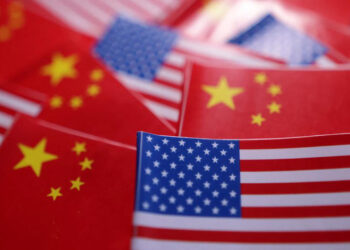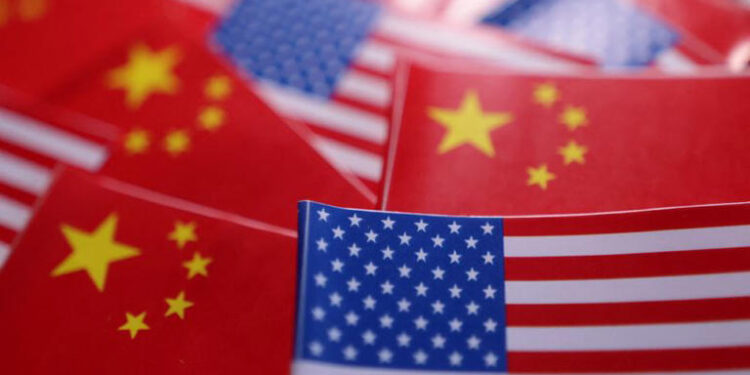The Minister of Finance, Ken Ofori-Atta, has reiterated that since Ghana’s economy is largely informal, it would have been impossible for government to continue the partial lockdown imposed on Accra, Tema, Kasoa and Kumasi beyond three weeks.
He admitted this while speaking at an event at the Jubilee House. He indicated that it was necessary to lift the lockdown.
“When you look at what happened during the lockdown. It was quite clear after a point that given the 90% of our population is informal and they go out each day to earn wages, it became increasingly impossible to continue with such a policy,” he said.
On March 27, 2020, President Akufo-Addo declared a partial lockdown for two weeks as part of measures to mitigate the spread of the coronavirus pandemic. The President extended it by another week but lifted it after the third week due to the lamentations by citizens of being hungry and without money as a result of the lockdown.
The pandemic has had a significant toll on the global economy of which Ghana is a part.
The government of Ghana has put various fiscal and monetary measures in place to deal with the impact of the pandemic and cushion businesses as well as households however, the wave of the outbreak has reduced economic growth of 6% amassed over three years to about 1.5%. The 1.5% economic growth is however a prediction by the Ministry of Finance – a prediction of the least economic growth in 37 years.
The President also stated that should the pandemic continue till the end of 2020, Ghana’s growth rate could drop from 7 percent on average to 2.5 percent.

The President of Ghana, Nana Addo Dankwa Akuffo-Addo
Mr. Ofori-Atta stated that the country is recording a massive plummet in revenue from the port – petroleum revenue receipts as well as tax revenue – due to the pandemic which would cause Ghana not to achieve the set revenue target for 2020.
He went on to reveal that the increasing effect of the novel coronavirus pandemic will cost Ghana GHS9.505 billion.
Mitigating Measures
Some measures put in place by government to alleviate the effect of COVID-19 on the economy are, the establishment of a Coronavirus Alleviation Programme (CAP) and lowering of the cap on Ghana Stabilization Fund (GSF) from the current US$300 million to US$100 million to allow for transfer of excess funds to the CAP.
Government also reduced the policy rate by 150 basis points to 14% and dropped regulatory reserve requirement from 10% to 8% to increase supply of credit to private sector.
Commercial banks are providing a syndicated facility of GHS3 billion to support key industries; to grant six-month suspension on principal repayments for selected businesses; and to reduce interest rates by 200 basis points, also to increase credit supply to the private sector
President Akuffo-Addo also announced a GHS600 million soft loan scheme with a two-year repayment plan for micro, small and medium scale businesses.
Currently, government is taking care of water bills for all Ghanaians and a relief for electricity consumers, where all lifeline consumers will get a one hundred percent waiver while other consumers will get a fifty percent reduction for April, May and June 2020




















